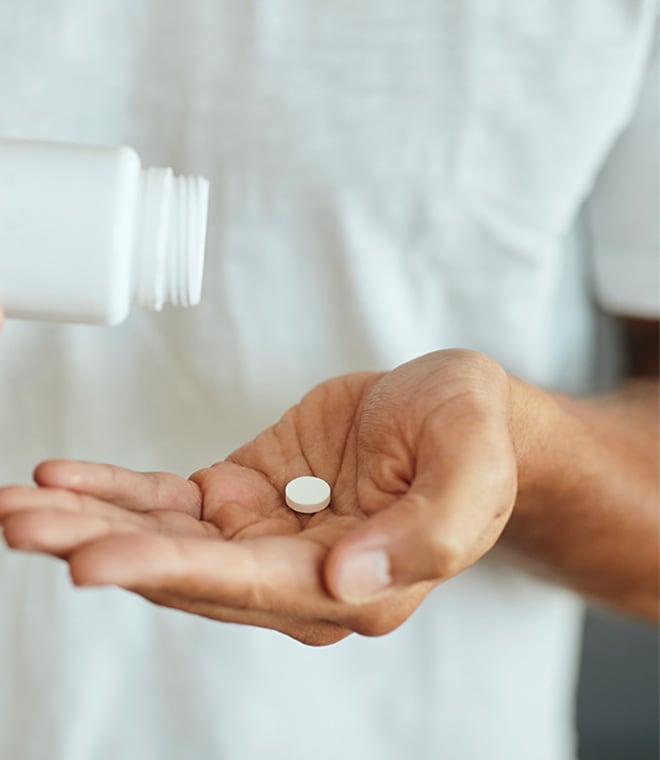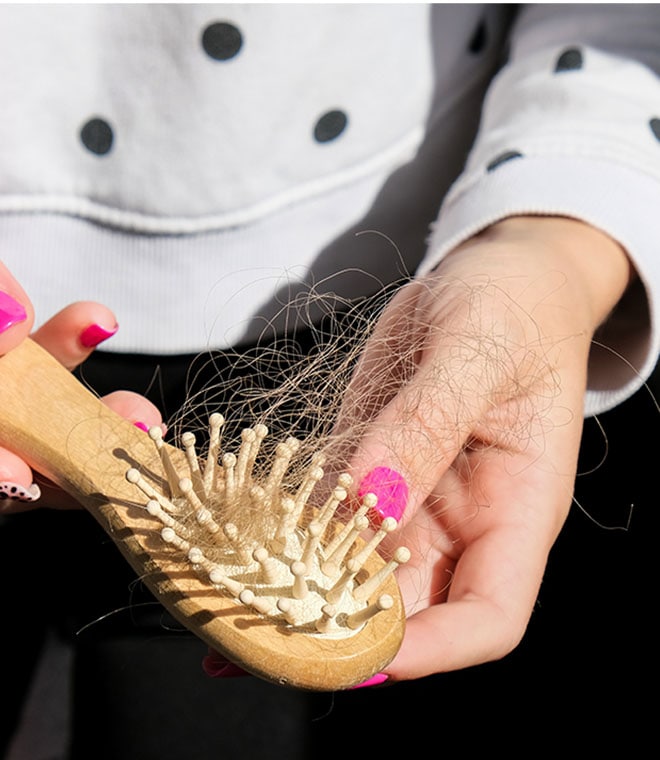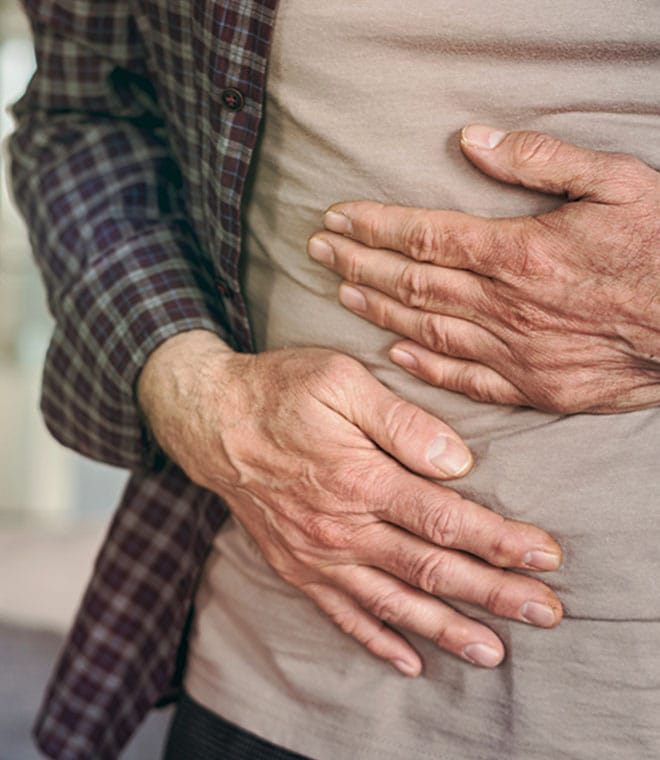Health
Erectile dysfunction explained: Causes, treatment and tips
By Dennis Galvon, MD Feb 28, 2024 • 8 min
Many men will experience difficulties getting or maintaining an erection at some point in their lives, and for roughly 30 million men in the U.S., erectile dysfunction is an ongoing concern. The good news is that with treatments, lifestyle changes and self-care, erectile dysfunction doesn’t have to be a barrier to sexual intimacy.
What is erectile dysfunction?
Erectile dysfunction, or ED, is the medical term for a penile disorder related to erections. The two common erectile dysfunction symptoms are difficulty getting an erection and problems maintaining an erection during sexual activity.
Men experience erectile dysfunction differently. Some get erections easily at times but have a more difficult time on other occasions. Other men are completely unable to become erect. In some cases, men may be able to maintain an erection only with a lot of stimulation, or they may be unable to maintain an erection most of the time regardless of the level of stimulation.
What are common erectile dysfunction causes?
Many factors can cause erectile dysfunction, including the following:
1. Vascular erectile dysfunction occurs when changes in blood vessels reduce blood flow to the penis or when the valves that keep blood in the penis during sexual activity no longer work properly. This is the most common type of erectile dysfunction.
2. Neurogenic erectile dysfunction occurs when the nervous system doesn’t transmit messages from the brain properly, interfering with the process that leads to erections. Nerve damage due to stroke, diabetes, multiple sclerosis, radiation therapy, spinal cord injuries, and other types of injuries and conditions, are common causes of neurogenic ED.
3. Hormonal erectile dysfunction happens when there is an imbalance of chemical messengers called hormones in the body. Low levels of testosterone and thyroid problems can cause this type of ED.
4. Psychogenic erectile dysfunction occurs when thoughts, feelings and beliefs interfere with sexual desire and lead to difficulty getting and maintaining an erection. Depression, anxiety, stress, low self-esteem and feelings of guilt related to sexual activity can contribute to this form of ED.
5. Medical conditions: Erectile dysfunction can be a symptom of an underlying medical condition. Some conditions that can lead to ED include:
- Chronic kidney disease
- Diabetes
- Epilepsy
- Heart disease
- High blood pressure
- Peyronie’s disease
- Vascular disease
Penile fractures can also result in erectile dysfunction.
6. Medications: In some men, erectile dysfunction is a side effect of medications. Some drugs that have the potential to cause ED include:
- Anti-anxiety medications
- Antiarrhythmic drugs
- Antidepressants
- Antihistamines
- Antiseizure drugs
- Blood pressure medications
- Cancer drugs and chemotherapy
- Diuretics
- Muscle relaxers
- Opioids
- Parkinson’s disease drugs
- Sedatives
Illicit drugs, alcohol and nicotine can also contribute to erectile dysfunction.
Does masturbation cause erectile dysfunction?
Masturbation is not a common cause of erectile dysfunction. Research has shown a weak association between frequent masturbation and erectile dysfunction. However, an association doesn’t indicate that masturbation is the direct cause of ED symptoms. If you’re concerned about the effects of masturbation on your sexual performance, talk to your healthcare provider.
What are some erectile dysfunction treatment options?
Healthcare providers can recommend a number of treatment options for erectile dysfunction, including:
- Prescription oral medications: Prescription drugs, such as sildenafil (Viagra), vardenafil (Levitra, Staxyn), tadalafil (Cialis) and avanafil (Stendra), can help promote erections by relaxing muscles and increasing blood flow to the penis.
- Prescription injectables: Alprostadil (Caverject, Edex) or Trimix administered via an injection at the base of the penis causes the penis to fill with blood and quickly become erect within 10 minutes.
- Suppositories: Alprostadil (Muse) can be inserted into the urethra to cause an erection prior to sexual activity.
- Penis pumps: Handheld devices can encourage erections by creating a vacuum suction that pulls blood into the penis. Healthcare providers may recommend that pumps be used on their own or in combination with other treatments.
- Penile implants: When other treatments fail to fully address symptoms of ED, a surgeon can implant a device that inflates or can be manually adjusted to trigger an erection.
- Testosterone replacement: For men with hormonal ED related to low testosterone levels, testosterone replacement therapy may be prescribed.
- Treatment for underlying conditions: When a medical condition is the cause of ED, healthcare providers can develop a treatment plan to manage symptoms, including erectile dysfunction.
- Switching medications: In some cases when medications cause symptoms of ED, healthcare providers may be able to substitute a drug that is less likely to cause sexual side effects.
Tips for dealing with erectile dysfunction
Self-care and lifestyle changes can complement treatments for erectile dysfunction. Your healthcare provider may recommend that you do the following:
- Exercise regularly: Physical activity has been shown to improve symptoms of ED in some men. Choose moderate to vigorous activities that you enjoy, like walking, jogging and cycling. Aim to exercise for at least 150 minutes per week.
- Stop smoking: Smoking increases the risk for erectile dysfunction. If you’re a smoker, discuss smoking cessation treatments with your healthcare provider. Prescription medications and nicotine replacement therapy products can help reduce withdrawal symptoms and make it easier for you to quit.
- Manage your weight: Obesity is a risk factor for erectile dysfunction and for some of the conditions that can cause ED, such as type II diabetes and heart disease. Reaching or maintaining a healthy diet and exercising may also have positive emotional benefits, such as increasing your self-esteem.
- Drink in moderation: Excessive intake of alcohol can cause or worsen erectile dysfunction.
- Talk to a mental health professional: A mental health professional can help you explore how your thoughts, feelings and beliefs may be contributing to sexual dysfunction. Therapy can also help you deal with traumas that may impact your sexual performance, improve your self-esteem and equip you with coping skills that can help you manage stress.
- Be open with your partner: Keeping lines of communication open with your partner can help strengthen your connection and ease stress and anxiety around sexual activity. Your partner can provide valuable support as you seek treatment for ED.
Erectile dysfunction affects many men, and there’s no need to let embarrassment prevent you from seeking treatment. Your healthcare provider can help you determine the cause of your symptoms and explore treatment options.
Published February 2024.
References:
- https://my.clevelandclinic.org/health/diseases/10035-erectile-dysfunction
- https://familydoctor.org/condition/erectile-dysfunction/
- https://www.mayoclinic.org/diseases-conditions/erectile-dysfunction/symptoms-causes/syc-20355776
- https://www.niddk.nih.gov/health-information/urologic-diseases/erectile-dysfunction
- https://www.cdc.gov/alcohol/fact-sheets/moderate-drinking.htm
- https://www.floridahealth.gov/programs-and-services/prevention/Healthy-weight/index.html
- https://www.cdc.gov/tobacco/quit_smoking/how_to_quit/index.htm
- https://pubmed.ncbi.nlm.nih.gov/35840678/
- https://my.clevelandclinic.org/health/articles/24332-masturbation
- https://www.cdc.gov/physicalactivity/basics/adults/index.htm




